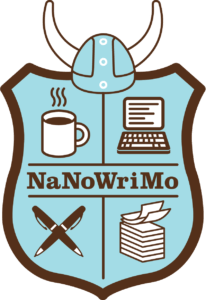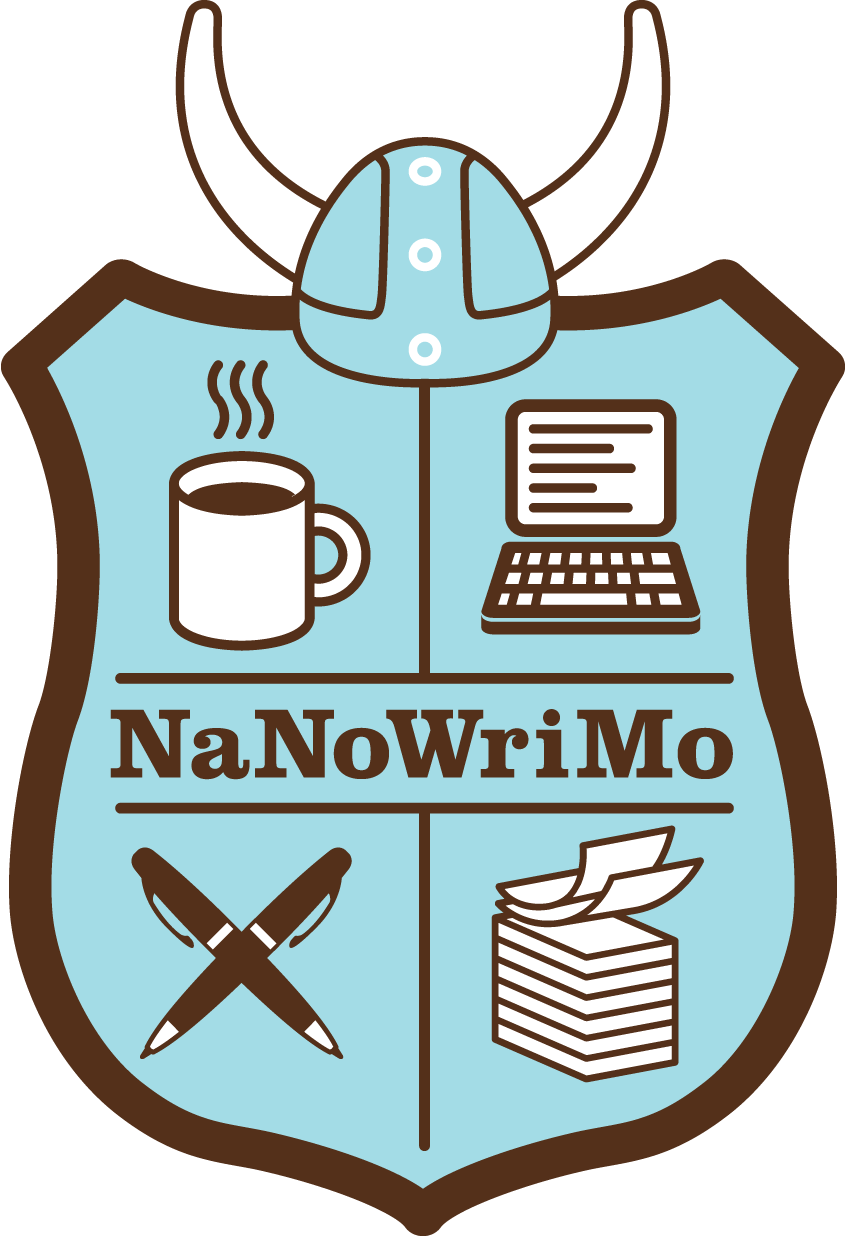
This post by originally appeared on Writer’s Digest on 10/27/15.
November is almost here, which means two things: 1) You’re going to be seeing a lot of mustaches and 2) it’s time to start preparing for National Novel Writing Month (NaNoWriMo).
Over the coming weeks, with the help of my friend and author Kevin Kaiser, I’m going to offer some tips on how to prepare for and accomplish the NaNoWriMo goal of writing 50,000 words in 30 days. Let’s get this started with this guest post from Kevin on outlining your story before the November 1 start date.
Should You Outline Ahead of Time?
It’s an age-old debate: Should writers meticulously outline a story before beginning or should they simply sit down at the keyboard and start typing, blindly trusting that the characters will reveal what should happen next?
Like most things in life, I believe it’s both/and, not either/or. Even the most fly-by-the-seat-of-your-pants writer has a general idea of where things are going, if only in her head. But what is a NaNoWriMo participant supposed to do? After all, thirty days goes by quickly.
1. Realize that NaNoWriMo is, above all, about finishing.
About 250,000 people began NaNoWriMo last year, according to the Office of Letters and Light, the non-profit behind the writing program. Only about 33,000 people actually finished the challenge and put 50,000 words to paper—that’s just 14 out of 100 people!
NaNoWriMo is about finishing, and not creating the next great American novel. It’s about proving to yourself that you can lay down at least 1,600 words per day for a whole month even if they’re a spectacular mess.
I wonder how many of the 86% that didn’t finish spent so much time overthinking their story that they simply didn’t write it. In the case of NaNo, do not allow perfectionism or fear creep in and paralyze you.

